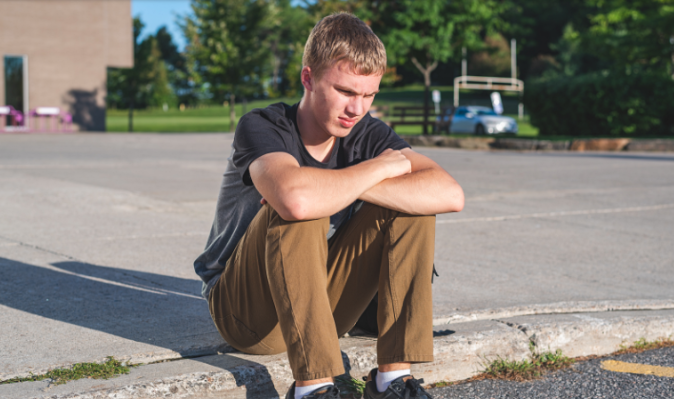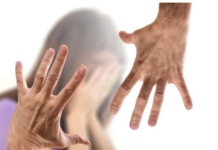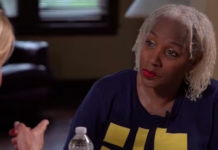Nonprofit webzine The Good Men Project posted this Q&A with parenting researcher Matthew Mulvaney on how best to support children’s mental health—what works and what doesn’t, including spanking and other forms of hostility.
Written by Vanesse Marquette, the piece refers to a March story from Good Morning America that considered results of a new study, published in the journal Epidemiology and Psychiatric Sciences, that found that children subjected to hostile parenting at age 3 were 150% more likely to exhibit “high risk” mental health symptoms.
As Mulvaney tells Marquette:
“Certainly, parental hostility is an important determinant of child mental health and that has been shown in the strongest longitudinal research designs available to us. I think that the challenge of communicating that harm is that many of the parenting behaviors described here are still very normative parental behaviors and as such parents don’t consider the potential harm to their kids.
In particular, the physical discipline that is described in this article is one of the most relevant components—many parents were spanked growing up and do not think that it has any negative impact on kids. Indeed, many parents view it favorably. It is safe to say though that this type of hostile parenting can have long-lasting impacts. Parents should note that the research is clear—hostility, even culturally sanctioned hostility, impacts kids and leads to a host of negative mental health outcomes. Probably a key mechanism is in its impact on the parent-child relationship, which has cascading effects in both being a direct impact on child well-being but also reducing the ability of parents to serve as resource or support to help manage other stressors that might impact mental health.
I think the more that parents can be mindful of their actions and put themselves in the shoes of their kids in order to think about how their kids might be receiving the parenting behaviors is the best thing they can do to try to minimize the hostility in their encounters. Try to remember what it felt like to be hit or yelled at when they were kids. One additional key point is that hostility is that it doesn’t even need to be as overt as the behaviors described here to be damaging—an eyeroll or a scowl at the wrong time can also really impact children.”
***
More from Around the Web
More from Mad in the Family















